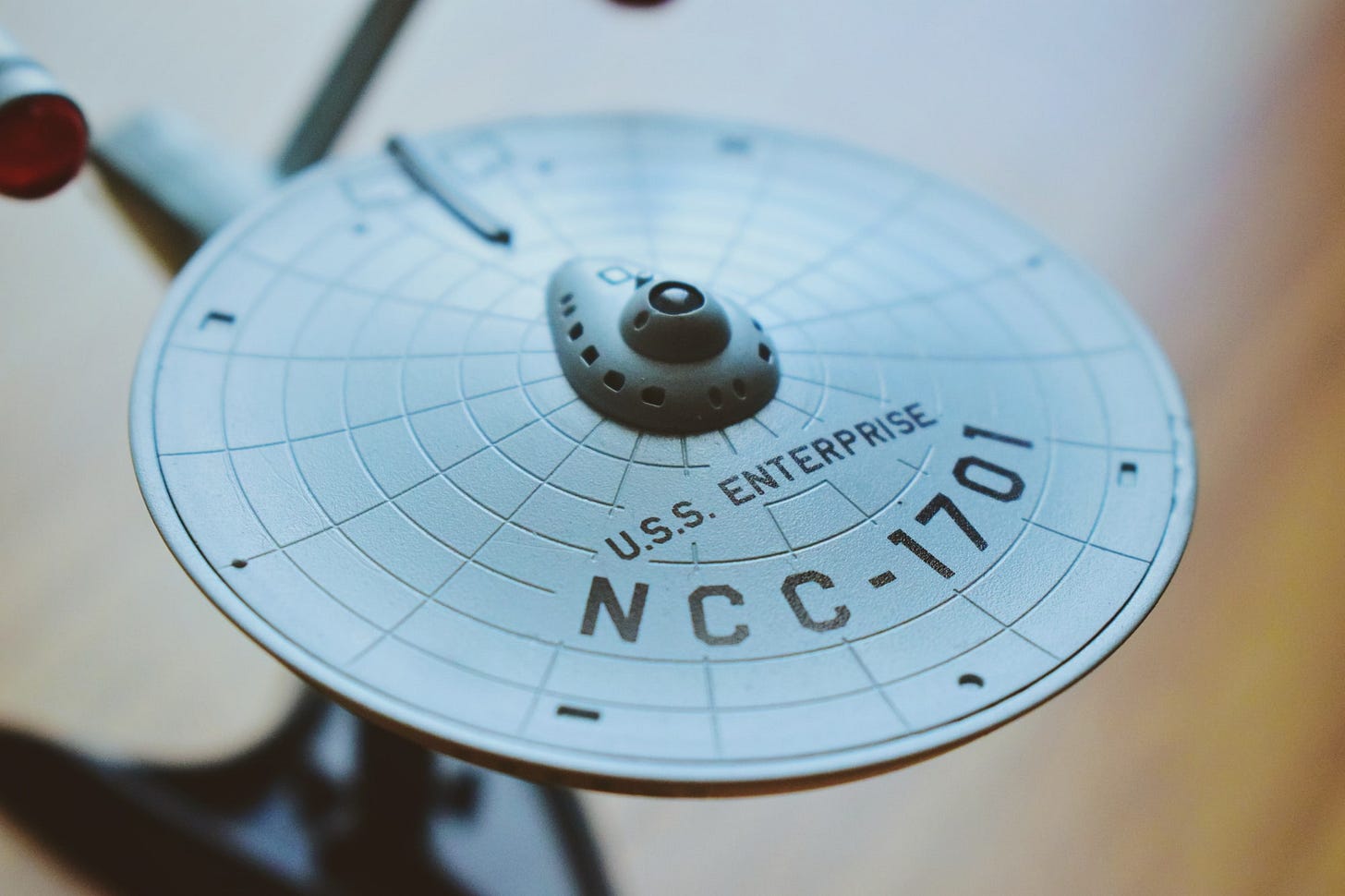When Logic Fails

Logic is often used within arguments and discussions and we judge think based upon whether they are logical or not. But what if relying too much upon logic causes us to lose the element of story? One of the great disappointments of pushbacks against modernism in the twentieth century was the embrace of modernism's reliance upon logic, reason, and proof. Within pockets of Christianity, this birthed the modern apologetics movement, fundamentalism, and countless debates to prove the veracity of religious claims. This worked until midway through the twentieth century when postmodern thought became the norm. Cultural and social upheavals caused entrenchment into modernism's warm embrace, but it was a dangerous and false embrace. There became a reliance upon forms of argument and even opposition, which required logical and reasonable arguments. Neither logic nor reason are bad things and they can server us well, but an overreliance upon them is failing the church in this age of postmodernism, transitioning into meta-modernism. We need to regain mystery, story, and beauty as invitations to relationship. We may even need to acknowledge that, at times, faith can be illogical, but that does not make it invalid.
I was having a discussion recently with a friend online and I realized I had seen the tension between logic and experience of emotion within the Star Trek universe. I realized the long arc of a species torn asunder by a struggle over the place of logic in society and behavior across several shows and centuries in the Star Trek universe. This is a tale of the Vulcans and Romulans who are essentially the same species separated by a choice to rely upon logic to the extreme by the Vulcans and the choice to lean into emotion and anger through war of the Romulans.
Throughout the history of Star Trek shows, we come to know the Vulcans as a people of peace and logic. The Vulcan society is based upon a reliance upon logic for all decisions, relationships, interactions, and social structures. To a Vulcan, illogical decisions are anathema. Humans drive Vulcans mad through our choices to ignore logic in the pursuit of love, exploration, and relational truth. But the Vulcans relate to all species minus their cousins, the Romulans. The deeper we go into the story, the more we learn about the fractured past of the Romulans and Vulcans. As we come to know more about the Romulans, the once stereotype of them as a warrior race seeking to destroy begins to crumble some. Of course, our early understanding of Romulans comes mostly from the Vulcan side. Yes, the Romulans are warlike and have a society built upon strength and the abandonment of logic, but they have more depth than the caricature the Vulcans paint.
We learn in the show Star Trek: Picard that the Romulans face a crisis of a dying planet and become refugees, but they are championed by Jean Luc Picard as a people needing help. But the old prejudices surface and make that difficult. Picard is most likely remembering the aid he gave to Mr. Spock a half human half Vulcan member of Star Fleet whose life spans the original series through the century to the Next Generation. Near the close of Next Generation, Spock goes to Romulus to begin talks of reconciliation. He is warned not to do this by the Vulcan authorities, but Spock who has learned to integrate his humanity, sees the possibility of reconciliation and desires to form relationships, which may lead to a united people of Vulcans and Romulans. Spock will never see the fullness of his work, but we get that opportunity.
In the show Star Trek: Discovery, the eponymous ship is thrust forward centuries in time to a galaxy reeling from the collapse of fast warp travel. Discovery's special way of traveling instantly allows them to work in this new reality and connect worlds that have become more isolated. One of the brightest spots in the world Ni'Var which was once Vulcan. The Vulcans and Romulans integrated the logical and the emotional into a new and more beautiful expression of their people. This new race becomes the Ni'varans and their culture, society, and structures take on the beauty and goodness of both the Vulcans and Romulans. This society may never have happened except for a Vulcan whose human side allowed him to ignore logic and reason to see the possible beauty in the story of two peoples who despised one another.
I wonder if we can find that same beauty by looking past the logic and arguing to find relationship and tell the beautiful stories. Can we become a church like Ni'var that integrates the diversity of thought and experience of our generations?


